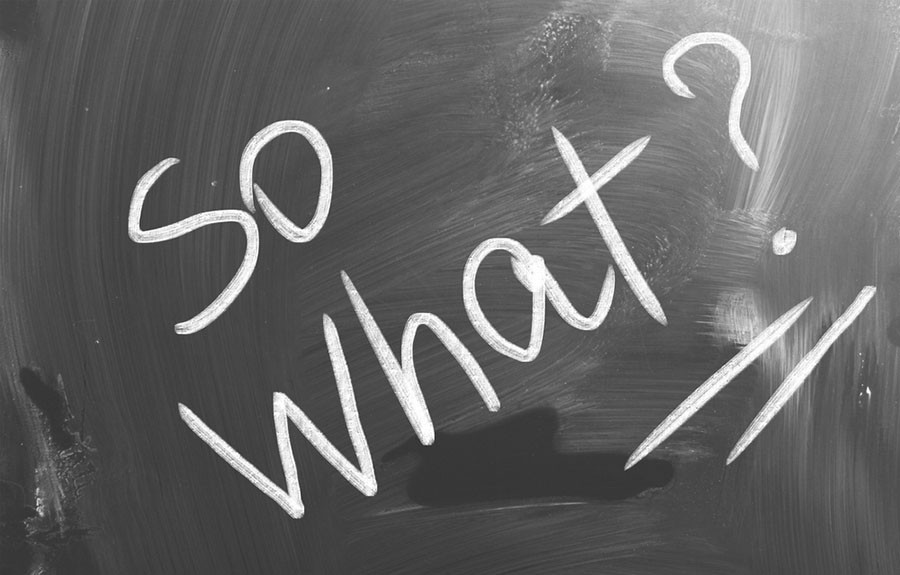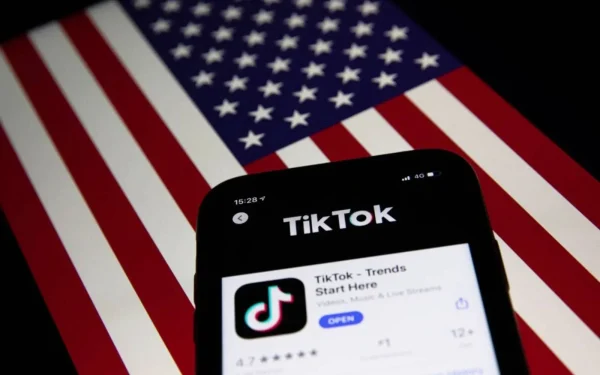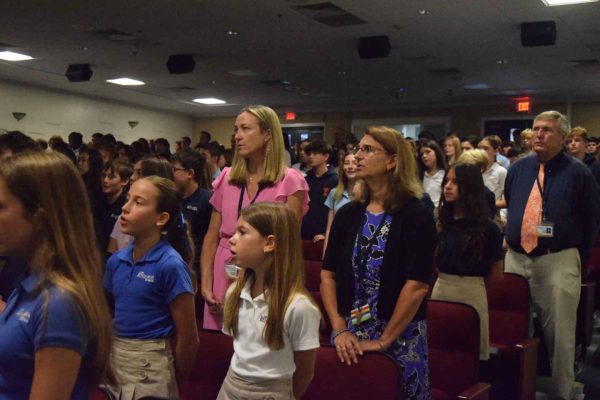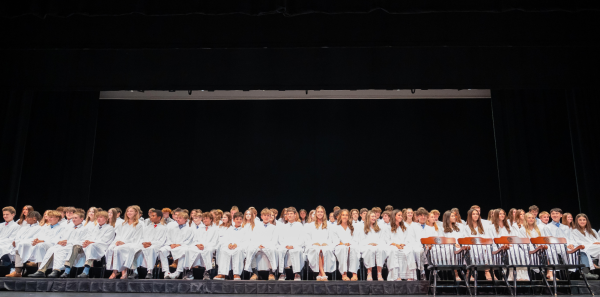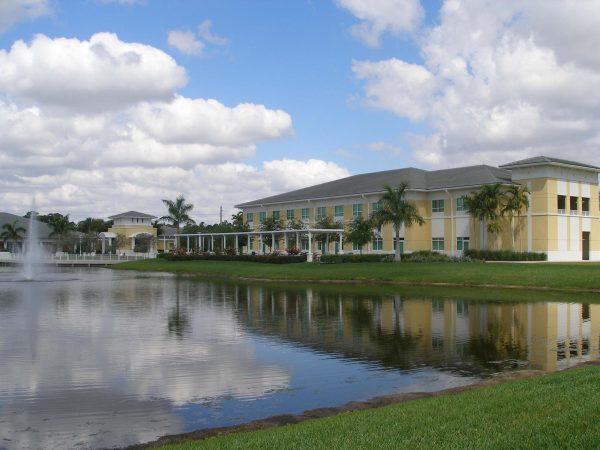Ignorant and Uncaring?
Are Benjamin’s middle school students clueless when it comes to what’s going on in the world, or is that just the perception?
Courtesy of courtingthecompany.com
Is this how most middle schoolers feel about the struggles of our nation and the world at large?
The controversy over Syrian refugees, the presidential campaign, the Paris and Brussels attacks, and the Flint, Michigan water crisis are just a few examples of current events going on throughout the United States and the entire world. Living in the affluent area of northern Palm Beach County and attending a prestigious independent school, many of the current events seem to be the last thing any of the middle school students want to talk about. The “bubble” that most of The Benjamin middle schoolers live in can cut them off from what’s going on around the world.
So, what exactly is this “bubble?” This bubble is the barrier (it could be self-imposed ignorance, parental shielding, or even indifference) which keeps some Benjamin students from being aware of the important news and goings-on in the world today. Seventh grader Molly Fried acknowledged the bubble: “I do think that the Benjamin School [students] [have] some sort of a bubble around us, and I hear [about] these [national and world events going on] from my friends who go to larger schools.”
However, in a recent poll of 101 middle school students conducted by The Neersyde, the majority of students (59%) knew that the lead poisoning crisis took place in Michigan, that the ISIS terrorist attacks this past March were carried out in Belgium (57% of students got that right), that April’s 7.8 magnitude earthquake took place in Ecuador (88% of students knew that), and that Donald Trump and Hillary Clinton lead the presidential nominee races for their respective parties (88% of students were correct).
So perhaps it’s just a stigma and/or stereotype that students who attend affluent independent schools in the suburbs know less about “real life” or the goings on in the world around them. Of course, the poll did not ask in-depth questions about each of the above-referenced circumstances, but most students exhibited general knowledge of the events.
Of course, many of these events can be depressing, so what’s the point in finding a place for them in our everyday lives? There are proven benefits to having this knowledge, even if it is just a little bit. According to educationworld.com, having knowledge of current events benefits students in several ways: it allows students to compare and contrast those events with what’s happening in their lives, develop into informed citizens, opens up communication between kids and parents, offers a great knowledge base for in-class debates, and helps them build problem-solving skills. Such problem-solving skills can result in finding solutions to real-life challenges. Being aware of current events also allows children to start forming their own opinions about the world, and be prepared for when they have to enter it.
“I think it’s best to know at least a little bit about any event that’s happening because it would be best to catch up on the latest news so we wouldn’t be lost when someone makes a reference to it,” said seventh grader Carol Chen.
Still, awareness of the world around can have its disadvantages. It ends up destroying the innocence some parents want to maintain in their children. “The school is being conservative about how much of the outside world to bring into the classroom,” said TBS middle school parent Mrs. Niki Zur. “I believe the benefits of knowledge and information have to be assessed against the risks or costs of passing on the knowledge.”
Different parents have different parenting styles and make personal decisions about what to tell their children in regard to what’s happening in the world around them. Keeping children away from this knowledge can have its benefits, as it may preserve their innocence, but at some point the benefits need to be balanced with the disadvantages. With information at children’s fingertips, it’s easier than ever to gain knowledge about almost anything, which can be a double-edged sword. People have much more access to news and information as the web is so ubiquitous. No longer do students need to purchase an Encyclopedia Britannica in order to learn about the world. The Internet, by comparison, is boundless in terms of the information it provides, and all there is to know in the world could never fit within a 20-volume set of books. However, are Benjamin students motivated to know what’s going on in their own country and internationally? Or, are they more concerned with their own little worlds than the larger one they’re living in?
“I do think that I am affected by the suffering that is going on in other countries,” said sixth grader Emeline Smith. “We all are people and should help one another as much as we can.”
Seventh grader Ebba Kihlberg believes that many students are unaware of current events, but their lack of knowledge is caused by the fact that there are no “classes about global awareness.” Middle school students have awareness classes about drugs, but adding global awareness classes might be a good idea. However, Smith said that her “history class ties into the happenings in modern society.”
Regardless, it’s important for students to know about current events because that can help in social situations they can’t exactly be prepared for. Children shouldn’t have to know the gory details of a terrorist attack, but it’s proven to be beneficial for kids to know about the world a little bit, even if it bursts that bubble of innocence.
